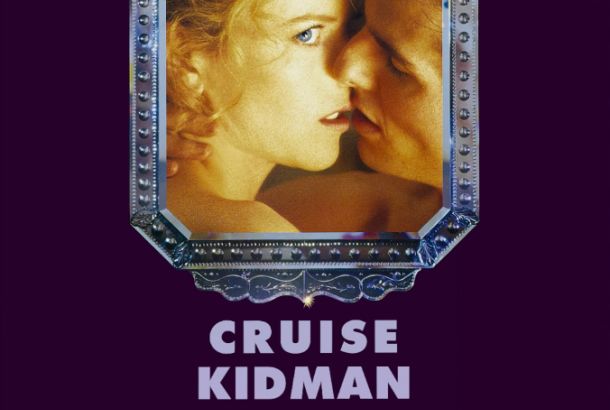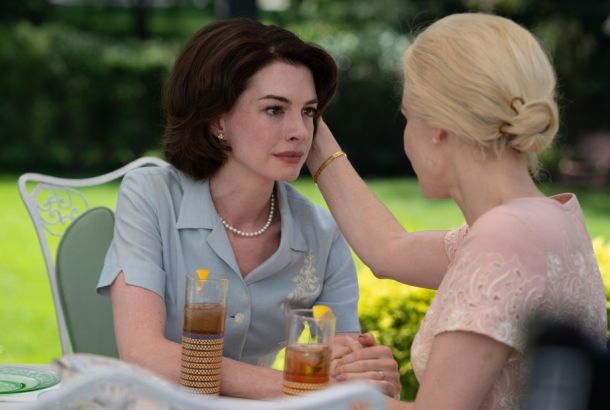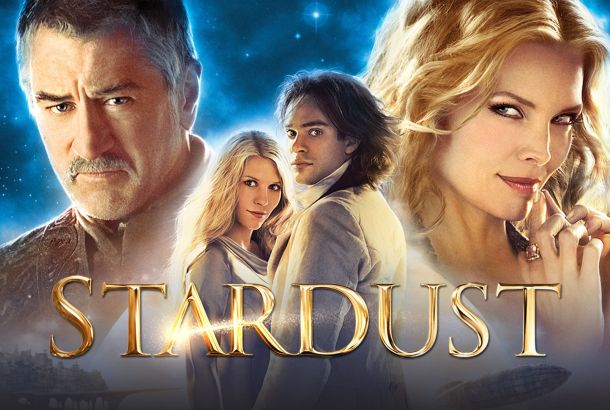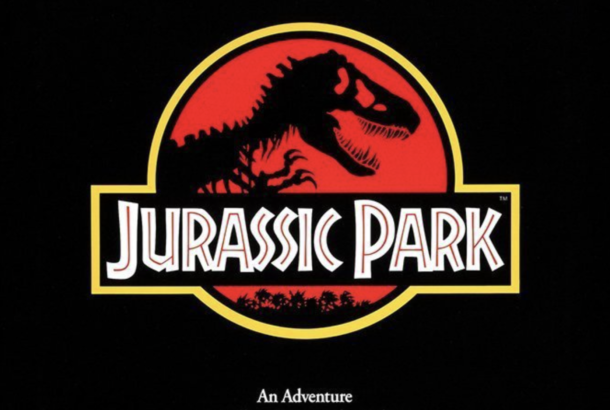The Lost Daughter: Psychological drama delivers gut-wrench of a film

Have you ever sat somewhere and simply just observed the people going by? Maybe you’ve even sat and became fixated on a particular person with no conscious reason why. This observational, perhaps sometimes voyeuristic, gaze is cinema in its simplest form – the camera acting as proxy for the person who simply just wants to look.
The opening act of Maggie Gyllenhaal’s directorial debut The Lost Daughter bathes the viewer in this gaze and dares us to contemplate what drives this desire to look. From the outset, the atmosphere is tense and uncomfortable as the gaze sways from innocuous to threatening to seducing and back again. Then, like signs sent from heaven, strange things begin occurring. A sudden attack from a falling pine cone, a bowl of fruit coated in mould, the hissing of a large insect and the harsh rotating beam of a lighthouse through your window. And the looks. So many looks. The stares of unwelcome, even envy.
This array of visual titbits, engrossing and yet repellent sites build to a dramatic confrontation with the past. They lead to a poignant examination of trauma and depression concerned with questions of parenthood, sexual pleasure and independence.
The film does not have a traditional plot but rather creates an atmosphere to soak in, much like the characters who spend most of their days beach side on an unnamed Greek island. The journey through a past marked with tragedy and unfulfillment begins as something in the film’s present triggers a string of traumatic memories for the protagonist Leda (Olivia Colman). Every memory is then realised with an unflinching intensity and a sense of deep repression, superbly brought to life by Jessie Buckley who plays Leda’s younger self.
As the film progresses, the knot in your stomach only clenches tighter and begins to twist like an agitated snake. There are brief moments of respite, including a passionate sexual encounter and a dance/sing along to Bon Jovi’s ‘Livin’ on A Prayer’, reminiscent of the euphoria and liberty found in a similar scene in Call Me By Your Name. Yet, inevitably, the intense stares return. Somehow the film simultaneously has the coldness and hostility of a Yorgos Lanthimos film and the insular, psychological approach of Lynne Ramsay works like We Need To Talk About Kevin. Yet this is still not enough to describe the particular space in which this film occupies.
The score is particularly noteworthy in contributing to this as its brooding but sensitive strings combined with a simple, repeated piano phrase evoke the strangely seductive yet menacing trauma that haunts the film. Moreover, its intermittent presence imbues the film with an overall sense of dread – we are either left to suffer with the often grating sounds of the natural scene or invited back down by Dickon Hinchliffe’s score. However, this is not a horror movie and the characters, whilst deeply flawed, never seem truly irredeemable. Moreover, this does not appear to have a specific agenda, since the same images that feed the viewer’s deep unease can transform into ones that are so quietly moving you may shed a tear.
The result is a film that is ambiguous in most aspects yet profound in its questions and confrontations, drawing the viewer into its singular atmosphere of dread and discomfort like a snake slowly constricting on its unassuming prey. An affect not only for arts sake but to explore the heavy weight that our patriarchal society puts on women’s shoulders and the possible repercussions of rejecting it.
4/5
The Lost Daughter is available now on Netflix.







